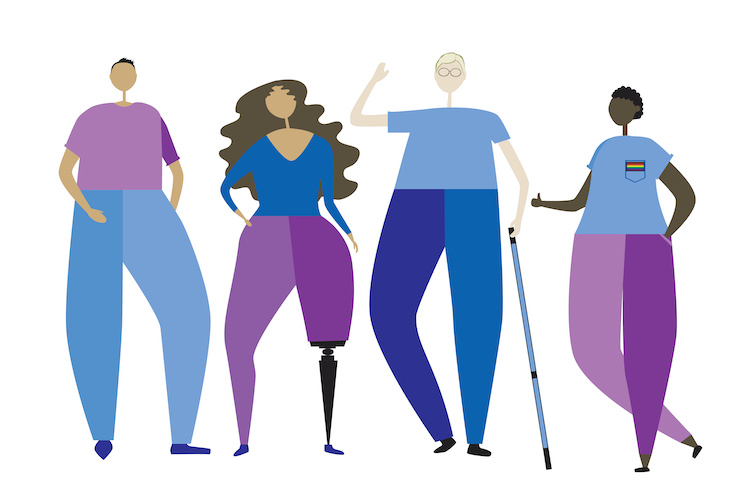The protests and outrage sparked by the killings of George Floyd, Breonna Taylor and too many others this year forced many of us to ask ourselves difficult questions about our role in perpetuating or combatting institutional racism. What am I doing to make things better for the BIPOC community? Do I have any unconscious biases that are holding me back?
Many in the business community are taking this moment of reflection to apply these same questions to their companies. As a result, we’ve seen many brands — including my organization, OpenSesame — issue statements pledging to review their business practices, products and service delivery models with the goal of making them more inclusive.
But meaningful change cannot start and end with just this initial action. A true cultural shift requires an ongoing commitment to learn, understand, engage and act. Even in organizations where DEI work is already underway, we can still do more or do better to reflect the diversity of the world we live in and represent the variety of perspectives that make up our communities. In addition to taking concrete steps to further your DEI strategy — engaging a consultant or hiring an internal DEI expert, investing in tools to assess your organization’s equity, creating opportunities for your workforce to have meaningful conversations — you can commit to yourself and your team to continue making DEI a core part of your people and business strategies.
As leaders in the L&D industry and our respective organizations, we have both a unique opportunity and an obligation to help drive that change — by setting the tone and providing training that helps companies become more open to different perspectives and building a workforce that can truly make a difference.
Making a statement is one thing. Making real change is hard.
For companies that hope to innovate and make a lasting impact on their industry, DEI must play an integral role in their strategy for the future. This counters the current minimally viable standard we often see today, where diversity, equity and inclusion initiatives are often viewed as simply an HR compliance requirement.
Companies that take DEI progress seriously will shape the new standards for their workforces and society. Organizations that intentionally create an environment where differences — including race, faith, age, ability, gender and beyond — are meaningfully explored and valued give all employees the opportunity to do their best work and better equip themselves to recruit and retain talent.
There’s a clear opportunity for corporate learning initiatives to have an impact on DEI improvement at the business level that goes beyond just scratching the surface. It’s time for leaders to accelerate the development of their workforce with continued education and training to realize their company’s full potential. In the future, when we look back on this period, we will see that it was the companies that took a proactive and purpose-driven approach now to create cultures of respect and inclusion that became the strongest and most successful companies.
Having the right learning content is key to getting started.
Education is an incredibly powerful tool to open people’s minds to new perspectives, but learning initiatives are only as effective as the content powering them. For companies to make real change, they must align their L&D content and strategy.
Truly effective DEI training helps staff across every level of the organization understand their role in creating an inclusive environment and overcoming bias. The right content should include courses built for both leaders and employees that cover a variety of topics, from cultural awareness to respect in the workplace. When teams have the tools that inspire conversations, companies will unlock a culture of innovation that ensures great ideas are elevated.
One-off training or consulting stands no chance against the inherent biases, conscious and unconscious, that challenge progress within organizations and in society as a whole. Businesses that intend to make lasting changes must fully commit to deconstructing the systems that perpetuate these biases and build self-sustaining systems that both prevent the return of racism and accelerate the advancement of diversity.
Taking concrete action won’t be easy, but companies can start by providing employees with the support to promote respect and inclusivity in the workplace and beyond. Some companies will get it wrong, making short-term investments that give employees the illusion that DEI is only a passing priority. Organizations that truly integrate DEI initiatives as part of their business strategy, however, will become the organizations of choice for the best and most committed workers that every company seeks to attract.















